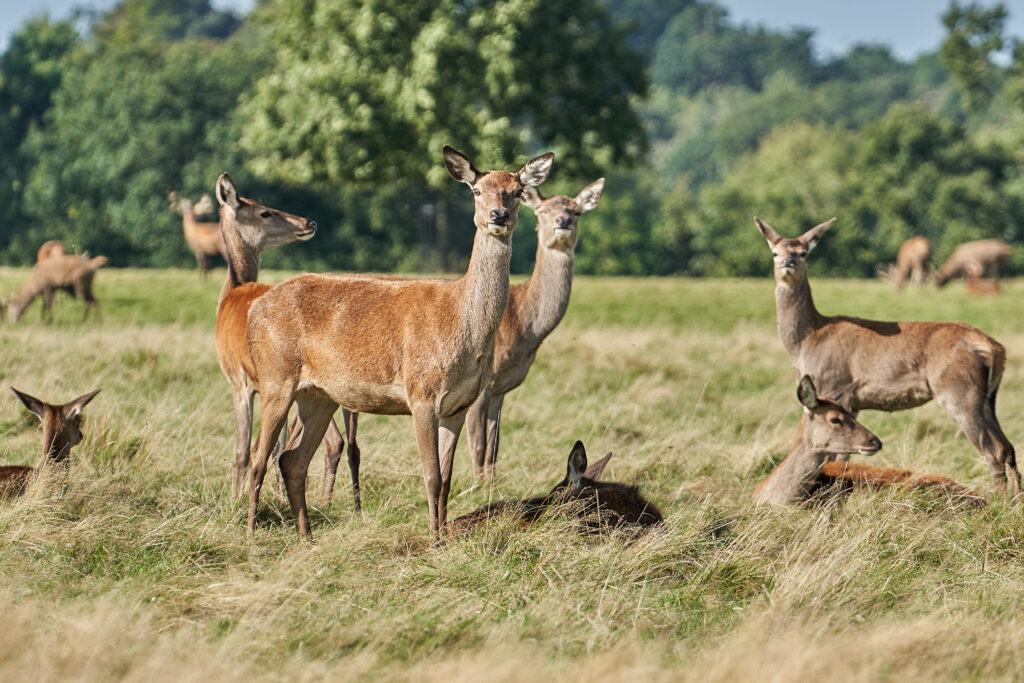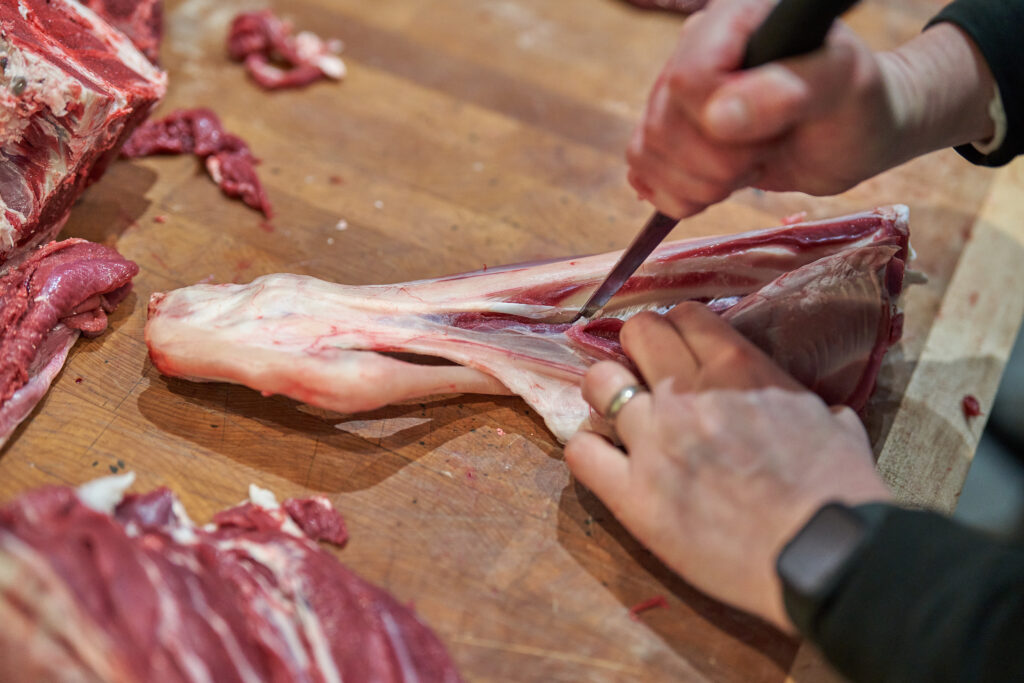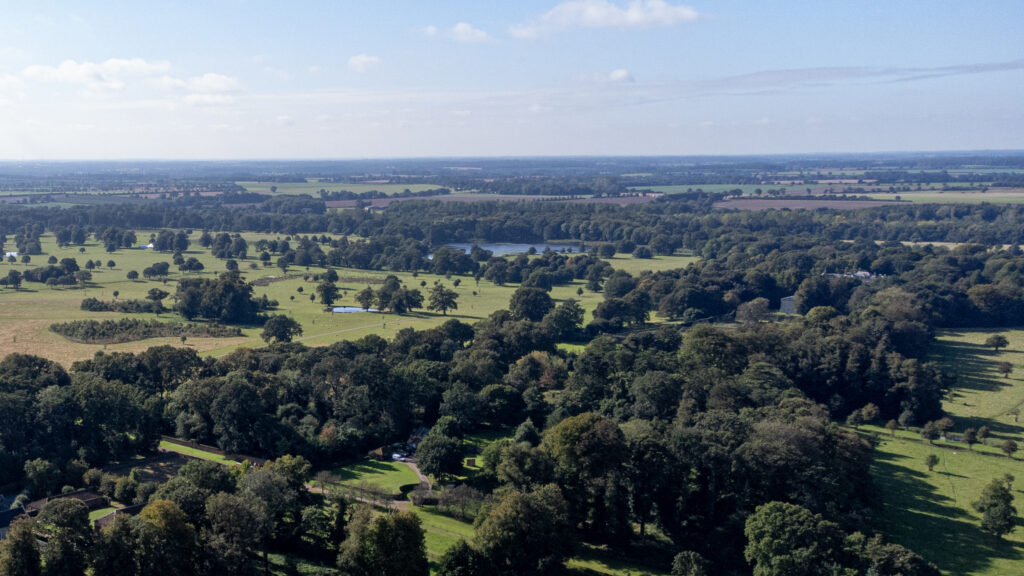Meat and the Environment: How to Make Eco-friendly Choices
At Archer’s, we’re not just passionate about offering the finest cuts of meat; we’re also deeply committed to environmental and sustainable meat practices. In a world increasingly aware of the environmental impacts of food production, making eco-friendly choices, especially when it comes to meat, is more important than ever. Here’s how we, and you as our valued customers, can make a difference together.
Understanding Certifications and Labels
Let’s delve into the first green choice – make some time to understand what the labels and certifications are on your meat. At Archer’s Butchers, you’ll find that all our meat is not just high welfare but sustainably sourced too. Look for the Quality Standard Mark, RSPCA or Red Tractor marks which show meat produced to strict standards in terms of animal welfare, protection of the environment and food safety.
Reasons for purchasing high welfare, sustainable meat.
Opting for meat from high-welfare, sustainably sourced environments offers a dual advantage – what’s beneficial for the animals and our planet’s health is undoubtedly good for you too. Animals raised under high welfare conditions experience less stress, leading to better quality meat. Moreover, sustainable farming practices play a significant role in reducing environmental impacts, including greenhouse gas emissions and water usage. For a deeper understanding of how sustainable farming practices benefit the environment and animal welfare, the Food Standards Agency provides extensive resources and insights.
The FSA’s job, set out in law, is to safeguard public health and protect the interests of consumers in relation to food. We work closely with the UK Government and the governments in Wales and Northern Ireland, but we act independently and transparently, led by science and evidence.
The FSA is a non-ministerial government department. Its objectives, powers and duties are set out in legislation, primarily the Food Standards Act 1999
The FSA has a statutory objective to protect public health from risks which may arise in connection with the consumption of food (including risks caused by how it is produced or supplied) and otherwise to protect the interests of consumers about food.
This also includes this wider role in the way food is produced or supplied, for example, animal feed and animal welfare.
Use of Local and Seasonal Produce

One of the most impactful ways to reduce the environmental footprint of meat consumption is by focusing on seasonal and local products.
Through our family farming experience, we are proud suppliers of locally produced farm meat at Archer’s Butchers. This will then not only reduce the carbon footprints associated with long-distance transportation but also support the local economy and the local farming community.
Roles of Consumers in Incorporation of Sustainability Matters
Every purchase you make is a statement about the kind of world you wish to create. Choosing sustainably sourced, high-welfare meat means you’re supporting farming practices that are kinder to both the environment and animals. By focusing on more mindful meat consumption—such as reducing waste and optimising how and what we consume—you truly can have a significant positive impact on the health of our planet.

Archer’s Butchers: In with the Sustainable Plan
Our dedication to sustainable practices extends beyond sourcing. Embracing methods like nose-to-tail butchery is crucial not only for reducing waste but also for making eco-friendly choices more affordable. Our recent article, Will Nose-to-Tail Butchery Help the Cost of Living Crisis? explores how these practices can directly impact your expenses, aligning with our commitment to sustainability and community support.
By understanding and supporting these methods, we can collectively contribute to a more sustainable, cost-effective food system.
At Archer’s Butchers, we believe going eco should not be at the cost of quality. Come and be a part of this transformation towards sustainable living one meal at a time. Together, we can make a difference for our planet, ensuring that we leave it in a better state for future generations.

